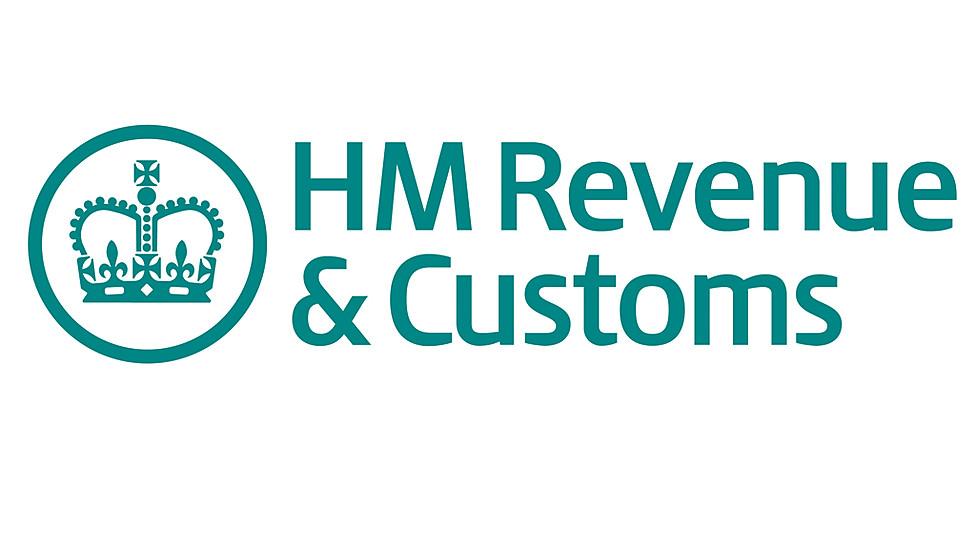HMRC is planning to introduce a pair of important changes to the way supplementary declarations are completed and deferred duty is paid.
The changes had been revealed as part of chancellor Jeremy Hunt’s 2023 Spring Budget, with this weeks’ announcement confirming the time on which they will enter into force.
The Joint Customs Consultative Committee (JCCC) have advised that HMRC would introduce changes to both the Simplified Customs Declaration Process (SCDP) and Simplified Export Declaration Process (SEDP).
Under both SCDP and SEDP, more time is being given to both importers and exporters to submit supplementary declarations.
New dates for supplementary declarations
Under SCDP, an importer submits a slimmed-down declaration – or a ‘simplified frontier declaration’ (SFD) – followed by a second supplementary declaration with the remaining required information the month following the goods movement. An SEDP allows traders to export goods by a similar process.
A Final Supplementary Declaration is then required to confirm how many supplementary declarations have been submitted and finalised for the reporting period, how many were actually due and if any were late.
The following changes are taking place:
- For imports, traders will be required to submit the supplementary declaration by the tenth calendar day of the month after the goods movement, rather than the fourth working day
- Eg if a business imports goods using SCDP on 20 April, they will submit the SFD at the time of the movement and the supplementary declaration by 10 May
- Previously, they would have had to submit the supplementary declaration by fourth working day in May so 7 May to allow for the weekend and Bank Holiday
- For exports, if more than one consignment is being exported, the same timeframe will apply
- The deadline for a final supplementary declaration will now be the 11th calendar day of the
- month after import
The changes are set to take effect from May, meaning that April will be the first month under which goods will move using the changed procedures.
Aggregated declarations
In addition, HMRC says it is introducing an aggregated monthly option for supplementary declarations, on top of the existing options of ten day and daily options.
The JCCC advised: “If authorised, monthly aggregation will allow customers to submit multiple similar movements across a calendar month, on a single supplementary declaration, to reduce the total number of supplementary declarations required.”
While the change to declarations dates will be applicable to all SCDP authorised businesses automatically, additional aggregation will need to be applied for and approved.
DDA payments
The second major change is that users of the Customs Declaration Service (CDS) will now get an extra calendar day to submit duty deferment payments, if they are authorised to do this.
A duty deferment account (DDA) allows importers, or their representatives, to make a single monthly payment via direct debt rather than paying for each individual assignment.
HMRC says it is moving the payment date for users of CDS to the 16th calendar day – it had initially been the 15th.
Users of the older Customs Handling of Import and Export Freight (CHIEF) system will be unaffected by this. However, there is only a very limited number of financial transactions still being carried out through CHIEF and all importers of goods have been moved to CDS.
HMRC has advised it will change the DDA payment date automatically and that traders do not need to make any additional steps.
Businesses should review their internal processes to ensure that they are able to manage the payments on the new dates. This change applies to all DDA holders, regardless of any special authorisations.”

